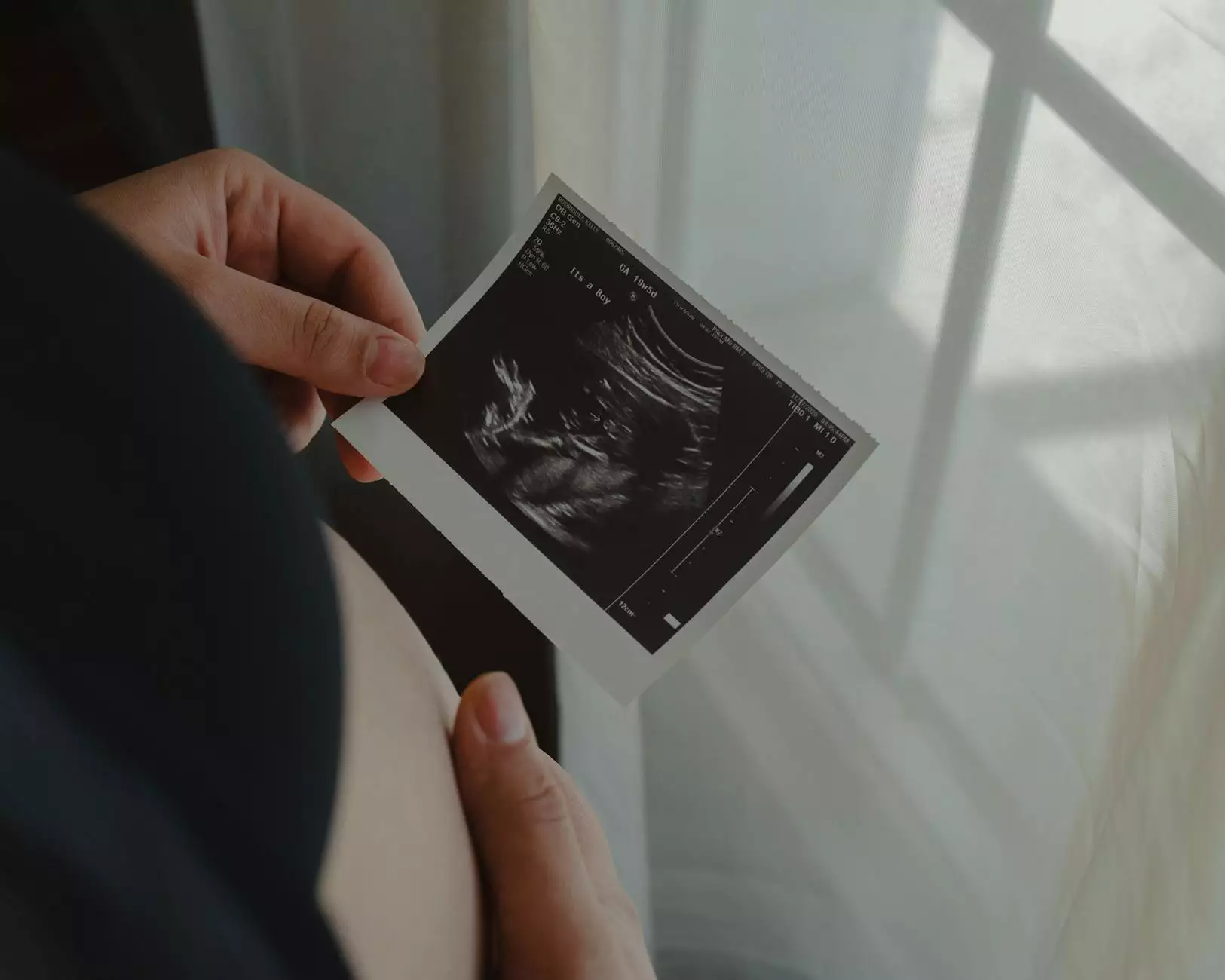Understanding CT Scan for Lung Cancer: A Comprehensive Guide

Lung cancer remains one of the most prevalent and serious forms of cancer worldwide. Early detection is crucial for improving patient outcomes, and one of the most effective tools for this purpose is the CT scan for lung cancer. This article will delve into the intricacies of lung cancer, the pivotal role of CT scans, and how they can significantly aid in diagnosis and treatment.
The Importance of Early Detection
According to statistics, lung cancer is responsible for more deaths than any other type of cancer. The prognosis significantly improves when lung cancer is detected early. Here’s why early detection is essential:
- Survival Rate: Early-stage lung cancer has a better survival rate compared to advanced stages.
- Treatment Options: Early detection provides a wider array of treatment options, including surgery, radiation, and chemotherapy.
- Quality of Life: Patients diagnosed early may experience better overall health and quality of life post-treatment.
What is a CT Scan?
A CT scan, or computed tomography scan, is an advanced imaging method that utilizes X-rays to create detailed pictures of the inside of the body. This technology provides more comprehensive images than standard X-rays, making it especially useful in cancer detection.
How Does a CT Scan Work?
The process of a CT scan involves several steps:
- Patient Preparation: Patients may need to avoid eating or drinking for a few hours before the scan. The doctor may order blood tests or other preliminary evaluations.
- Contrast Material: In many cases, a contrast material may be administered either orally or through an intravenous line. This helps enhance the images produced by the scan.
- Imaging Process: The patient lies on a table that moves through a hole in the CT machine. The machine takes multiple X-ray images from different angles. These images are then combined to create cross-sectional views of the body.
- Post-Scan Evaluation: After the scan, a radiologist analyzes the images and prepares a report for the referring physician.
Benefits of CT Scans in Lung Cancer Detection
The role of CT scans for lung cancer is paramount. Here are several benefits:
1. Detailed Imaging
CT scans provide clear and detailed images of the lungs, allowing healthcare professionals to spot abnormalities, tumors, or lesions that may be indicative of lung cancer.
2. Early Stage Detection
Screening for lung cancer using low-dose CT scans has been proven effective in identifying the disease at an earlier stage, which is crucial for treatment success.
3. Monitoring Treatment Response
CT scans can be used to monitor the effectiveness of treatment plans by comparing images taken over time to assess changes in tumor size or spread.
4. Comprehensive Assessment
Besides evaluating lung tumors, CT scans can also help in examining surrounding lymph nodes and other structures to determine the extent of disease spread.
Limiting Factors and Considerations
While CT scans are highly beneficial, there are some limitations and considerations that patients must be aware of:
- Radiation Exposure: CT scans involve exposure to radiation, and while the risks are minimal when done properly, this is a concern, particularly in younger patients.
- False Positives/Negatives: There is always a chance of false positives (indicating a cancer when there isn't one) or false negatives (missing a cancer that is present), which may lead to unnecessary treatments or anxiety.
- Cost and Access: In some regions, access to CT scans may be limited, and the cost can be a barrier for some patients.
The Role of Health Professionals
Health professionals play an essential role in the process of utilizing CT scans for lung cancer diagnosis and management. They ensure patients are well-informed about the procedure, its necessity, and the associated risks. Key individuals involved include:
1. Primary Care Physicians
The journey often begins with a primary care physician who identifies the need for a CT scan based on symptoms, family history, and risk factors.
2. Radiologists
Radiologists specialize in interpreting the images produced by CT scans and play a crucial role in diagnosing lung cancer accurately.
3. Oncologists
Oncologists manage the treatment plan for lung cancer patients, which may involve surgery, chemotherapy, radiation, or a combination of therapies, often guided by initial CT scan results.
Preparing for Your CT Scan
Proper preparation can enhance the quality of the CT scan and yield better diagnostic results. Here are some tips to prepare for your CT scan:
- Follow Instructions: Adhere strictly to the preparation guidelines provided by your healthcare provider.
- Discuss Medications: Inform your doctor about any medications you are taking, as some may need to be paused temporarily.
- Comfortable Clothing: Wear loose-fitting clothing and avoid accessories like jewelry that may interfere with the imaging.
What to Expect After the CT Scan
After your CT scan for lung cancer, you may experience the following:
- Post-Scan Observation: If you received a contrast material, you may be monitored briefly for any allergic reactions.
- Resuming Activities: Most patients can resume normal activities immediately unless instructed otherwise by their physician.
- Results Timeline: Typically, results from a CT scan can take a few days as the radiologist prepares the report.
Concluding Thoughts on CT Scans for Lung Cancer
The advent of modern imaging techniques such as the CT scan for lung cancer has reshaped the landscape of early diagnosis and monitoring of lung cancer. As awareness and understanding of lung cancer grow, so does the importance of such diagnostic tools in the healthcare arsenal.
By harnessing the power of CT imaging, healthcare providers can make informed decisions, create effective treatment plans, and ultimately, strive toward improving survival rates for lung cancer patients. The proactive approach towards lung health via techniques like CT scans not only aids in early detection but also fosters a better quality of medical care.
Further Resources
For those seeking additional information on lung cancer and CT scans, consider visiting these valuable resources:
- American Cancer Society
- American Lung Association
- National Heart, Lung, and Blood Institute
Taking charge of your health through knowledge and accessible medical technology is imperative. If you or a loved one is at risk or showing symptoms, consider consulting a healthcare professional regarding the appropriateness of a CT scan for lung cancer detection.









